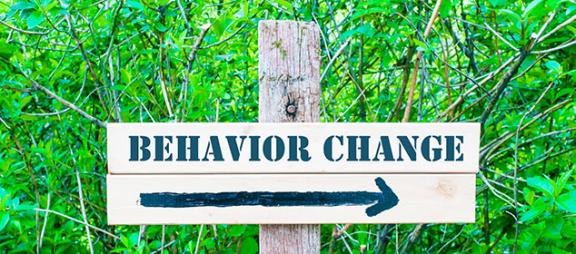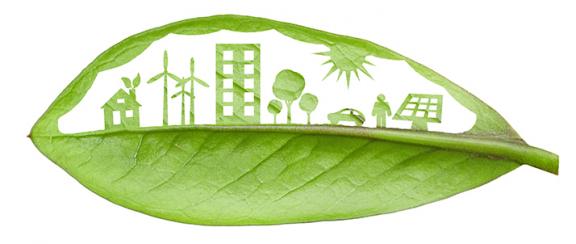Behaviour change crucial to climate change
You may have heard of the recently awarded Nobel Prize for Economics that went to Daniel Kahneman for his work on behavioural insights. Behavioural insights were the subject of one of IEU’s recent Lunch Talks, featuring Sara Castro-Hallgren, from the UN Department of Economic and Social Affairs (UNDESA).
One of Sara’s key research interests is changing behaviours to reduce carbon emissions. According to Sara, climate change actions often fail for very simple reasons: “We design and invest a lot in policy and programmes . . . but we don’t achieve the desired effect.". This is because we overlook the role of human behaviour. Fortunately, this is improving through behavioural-based economics, which tries to understand why people do or don’t make ‘green’ decisions.
Sara says changes in human behaviour could reduce carbon emissions significantly. For example, by having less children, reducing meat consumption, or switching off car engines instead of letting them idle.
But the fact is, “we don’t change. Sometimes we want to, but sometimes we fail despite our best intentions. There is a gap between the intention and the action," says Sara.
One solution to this, according to Sara, is to make the 'green' choice the default choice. For example, car-makers can install a simple 'start-stop' button to easily stop cars from idling and emitting greenhouse gasses. Or, do as Volvo have, and make electric cars the default car they produce.
The question is, how can we ensure ‘green’ is more widely used as the default choice? One way would be to have greater involvement in programme design by professionals who specialize in studying human behaviour. They could help designers of projects and programs focus more closely on how well their climate action will fare during the ‘last mile’ of implementation – when the rubber hits the road – when the public finally says ‘yay’ or ‘nay’ to changing their behaviour and helping combat climate change. This could be enhanced by policymakers placing more emphasis on education and awareness programmes. And it could be enhanced by the work that Evaluators like IEU do – ensuring their evaluations measure human behaviour and feeding that information back to the programme designers.
To learn more about how human choices affect climate change, watch the video of the IEU Talk.
By Greg Clough, Communications and Uptake Consultant
Suggested reading:
Transformational Change – The Challenge of a Brave New World (Section 4), 2018 – GCF IEU Working Paper #1
“Adaptation Processes in Agriculture and Food Security: Insights from Evaluating Behavioral Changes in West Africa” (Ch. 14) in Evaluating Climate Change Action for Sustainable Development, 2017 (ed.s) Juha I. Uitto, Jyotsna Puri, Rob D. van den Berg
‘Just good evidence is not enough’ says GCF’s evaluation head, 2017 - Voices
Climate Change Needs Behavior Change, 2018 – Yale Program on Climate Change Communication
What form of behaviour change does climate change call for?, 2013 – The RSA

